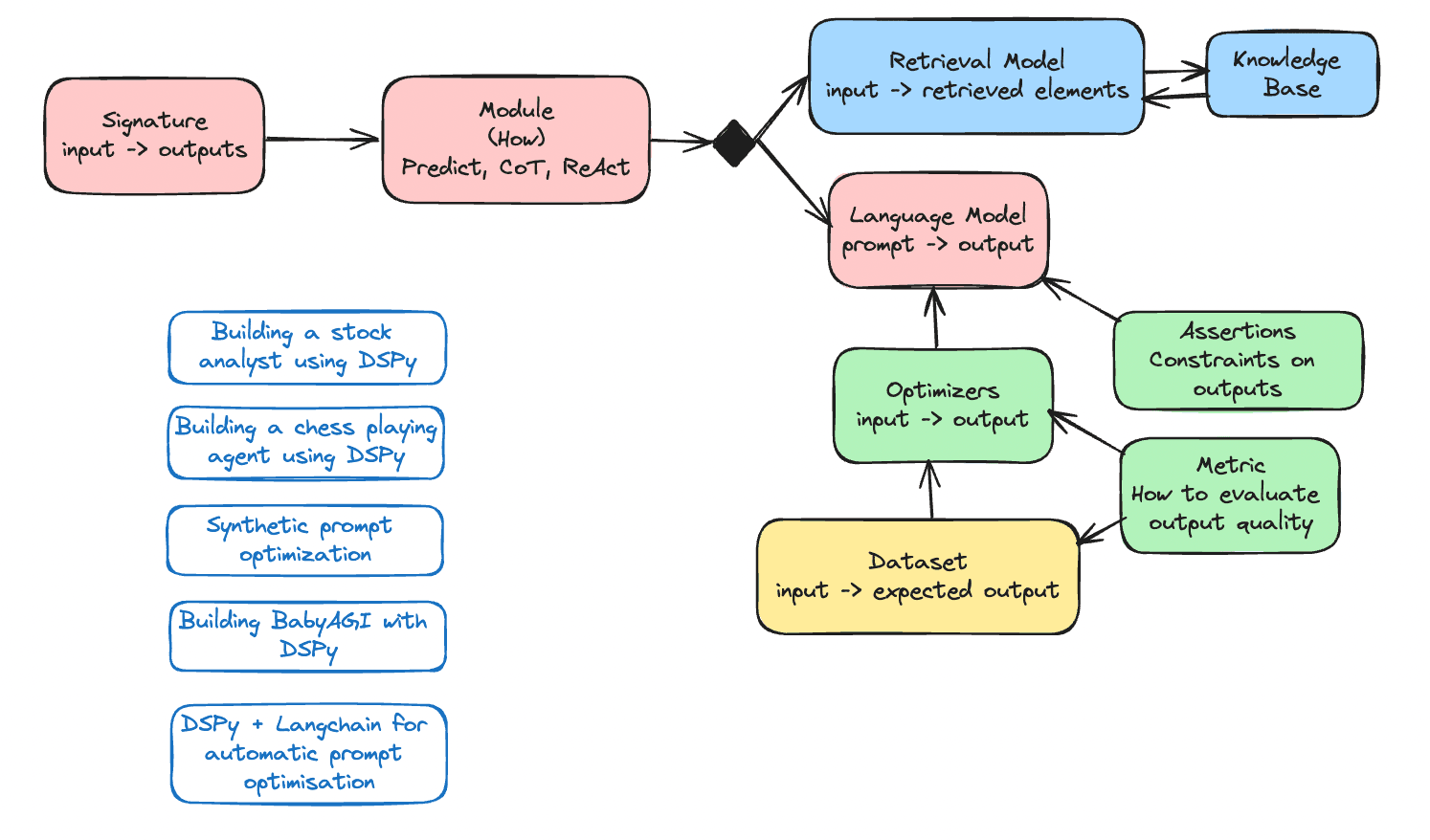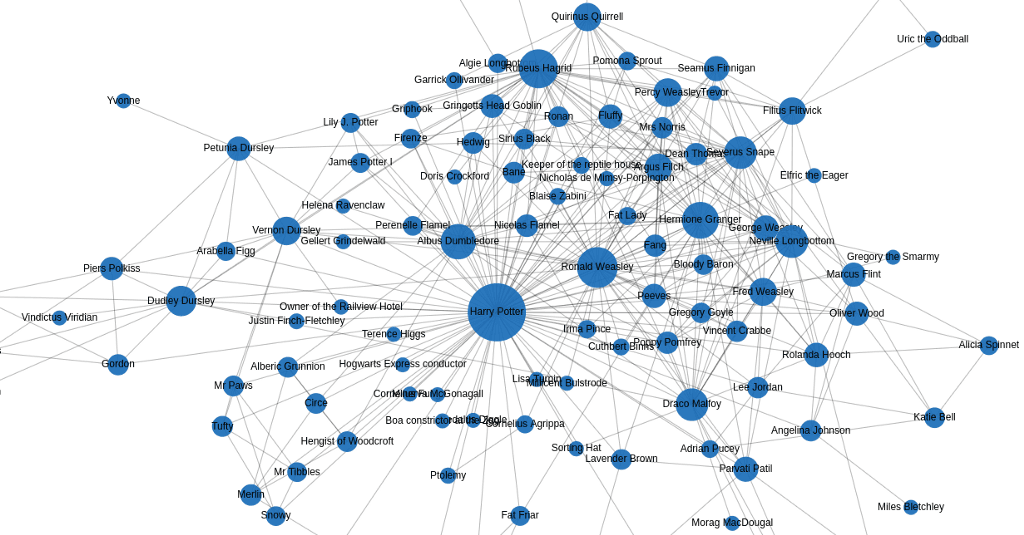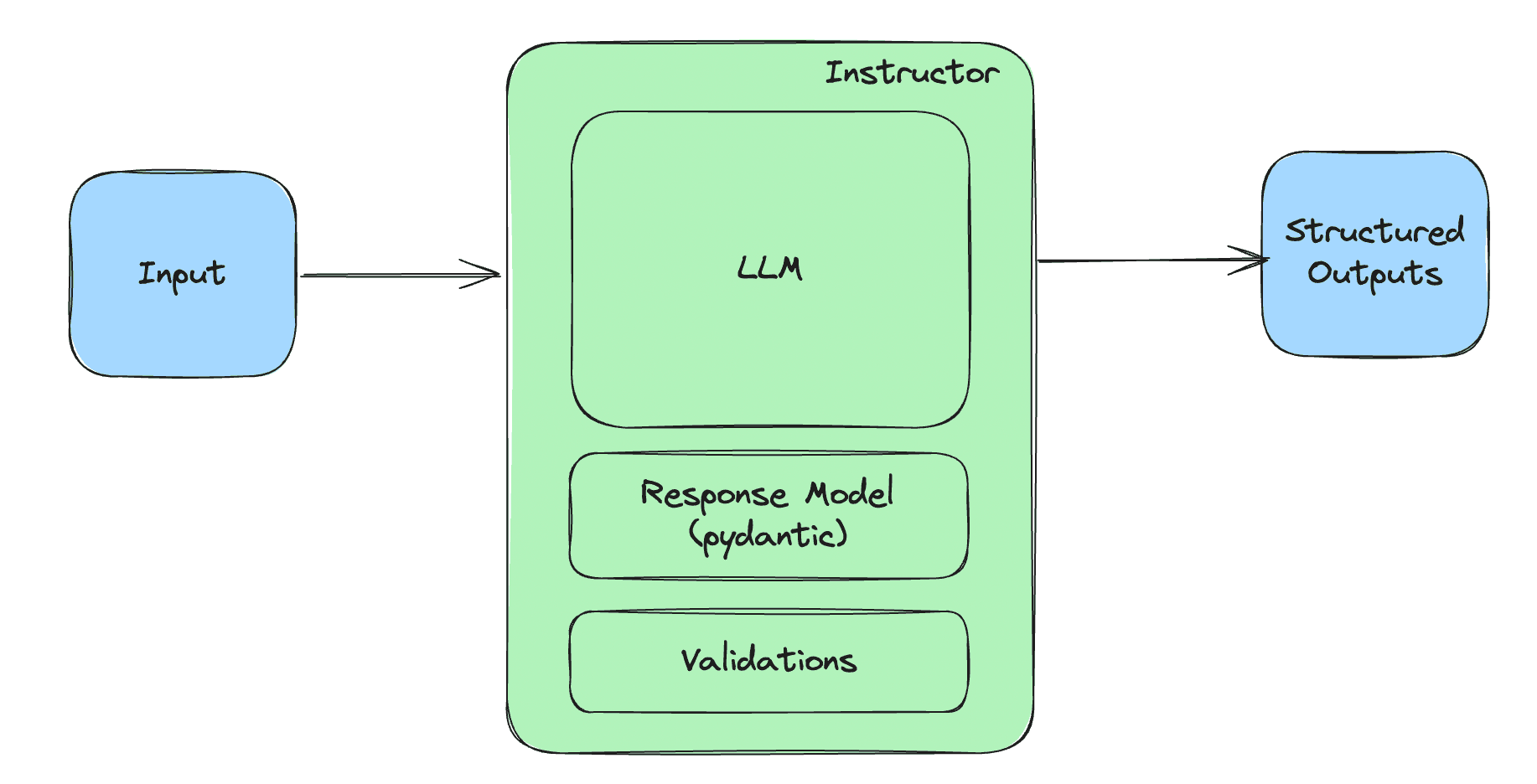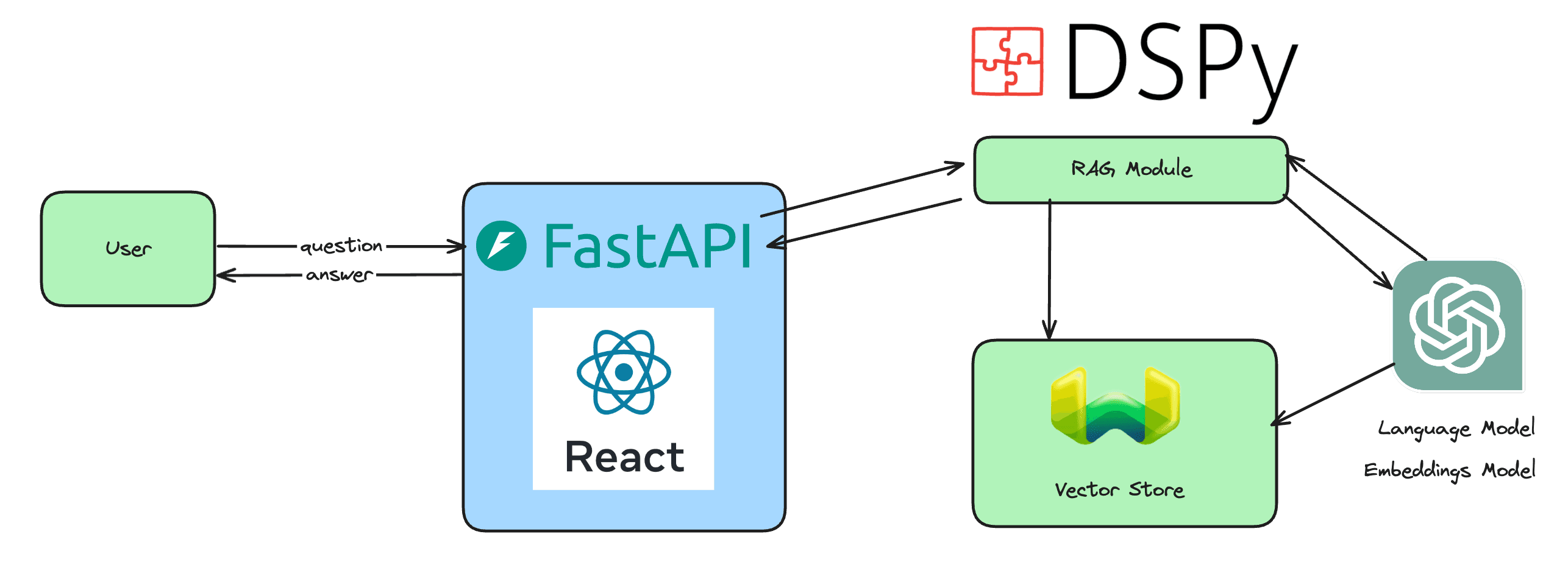
LLMs are great for idea brainstorming. This is a theory I've had in mind for a long time. By simply using tools like ChatGPT, Cohere, Mistral or Anthropic, I quickly realized that language models are quite useful when brainstorming for projects or ideas. Now, we have some research backing that theory. A recent paper titled "Can LLMs Generate Novel Research Ideas?"" was published by Stanford University. It’s a fascinating study, and I recommend everyone take a look; I just read it.
In the paper, researchers used LLMs to generate research ideas and asked experts to evaluate whether these ideas were novel, exciting, feasible, and effective. They then compared AI-generated ideas with human-generated ones. What they found is that AI-generated ideas consistently scored higher than human-generated ones, especially in terms of novelty, excitement and effectiveness. However, AI-generated ideas were rated slightly less feasible. That’s the catch. Even if difference in feasibility between AI- and human-generated ideas wasn’t substantial, it’s still interesting to note that AI ideas were perceived as a bit less feasible than those generated by humans. Is it because AI-generated ideas are more ambitious or out-of-the-box? That’s a question for further research.
This new research paper thus supports one of the core uses I have for LLMs: brainstorming. It also highlights that, while LLM-generated ideas may not always be immediately feasible, the primary goal of brainstorming is to generate ideas, and feasibility can be assessed later.
Reflecting on this, I believe some ideas are latent within the vast body of research people produce. LLMs are capable of surfacing these ideas because they aggregate the semantic meanings of various papers. I don’t think they invent new ideas per se; rather, they interpolate ideas already "in the air," so to speak. I really liked this paper, and it sheds light on an interesting application of LLMs.
For knowledge workers, a practical takeaway is that you can use LLMs today to brainstorm ideas or solutions to problems, even with the limitations of these models. You can generate a range of ideas and then evaluate them later, which is a valuable use case to solve the "blank page syndrome."



